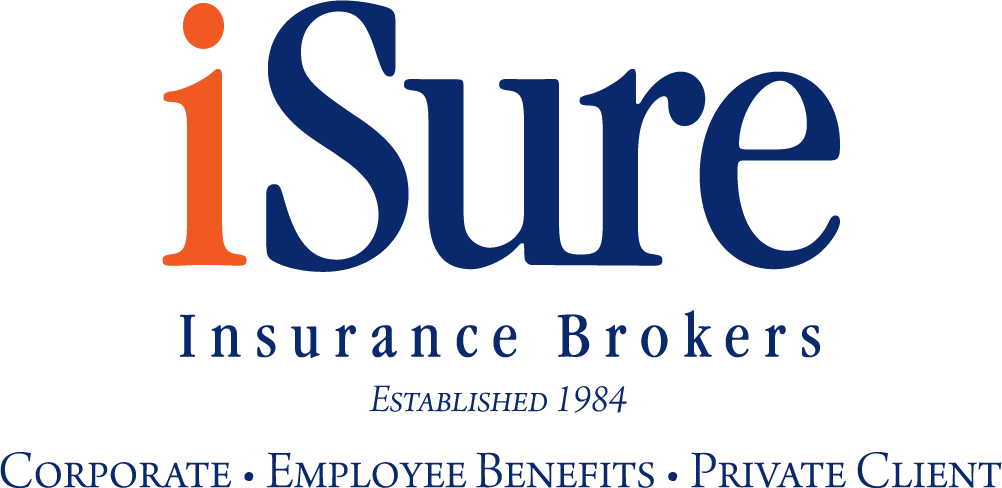Do I Need Commercial Property Insurance If I Work From Home?
Posted: October 4, 2020

If you run a business from your home, your homeowners insurance may not provide all the protection you need. Some homeowners insurance companies have denied claims that they determined to be related to business rather than a legitimate homeowner claim. Consult with our agent on whether you need commercial property insurance in addition to your homeowners policy. What Does Commercial Property Insurance Cover? Commercial property...
What Happens To My HSA/FSA If I Leave My Job?
Posted: September 28, 2020

Many employers today are offering health savings accounts (HSAs) or flexible spending accounts (FSAs) to employees. Both types of plans allow for tax-free contributions to cover qualifying medical expenses, as detailed by the IRS. A critical difference between the two plans is you keep the funds in an HSA if you leave your job, but you lose the funds with an FSA. What Is A...
How Is Commercial Trucking Insurance Different From Standard Commercial Auto Insurance?
Posted: September 19, 2020

Commercial auto insurance provides coverage for the cars, vans, and trucks used in conducting business. It can be purchased to cover all types of vehicles, from standard passenger cars to larger commercial vehicles such as box trucks, work vans, and service utility trucks. Different businesses require different types of commercial auto insurance. Commercial trucking insurance is a type of commercial auto insurance designed to protect...
Understanding 401(k) Terms: Sponsor & Third-Party Administrator
Posted: September 13, 2020

A 401(k) plan is an excellent benefit for employers to offer employees. It is a tax-deferred, defined-contribution retirement account that gets its name from a section of the IRS Code. Many employers offer matching funds for all or part of their employees’ contributions to a 401(k) plan. If you are opening a 401(k), two key terms to understand are “sponsor” and “third-party administrator.” What Is...
Common Questions & Answers About Business Insurance
Posted: September 4, 2020

Any business, large or small, needs a business insurance package. These packages are a combination of various types of coverage, designed to protect a business owner’s investment when the unexpected happens. Here, we provide answers to some commonly asked questions about business insurance. Why Is It So Important To Have Business Insurance? Owning a business brings opportunities, but it also comes with certain risks. Business...

